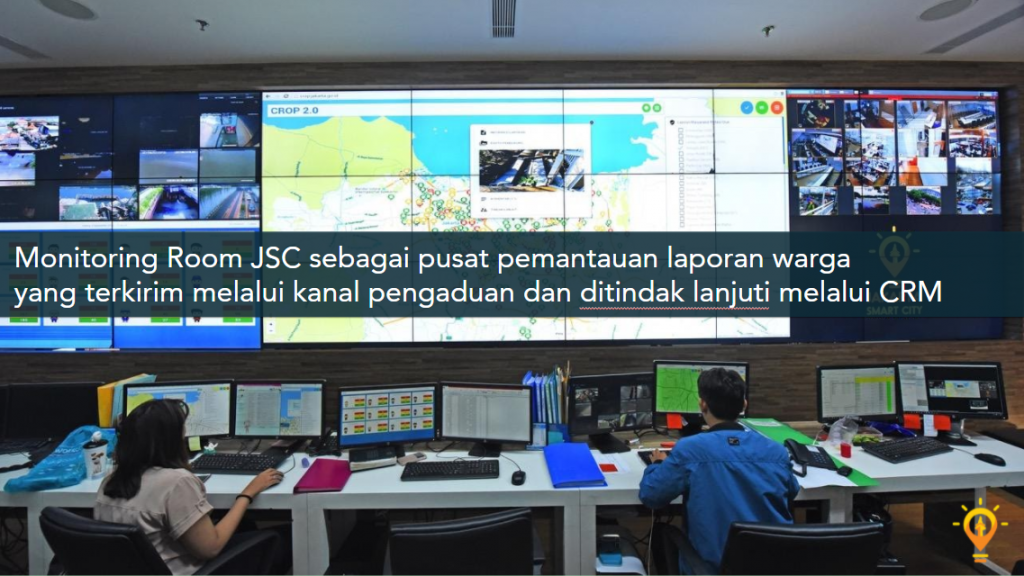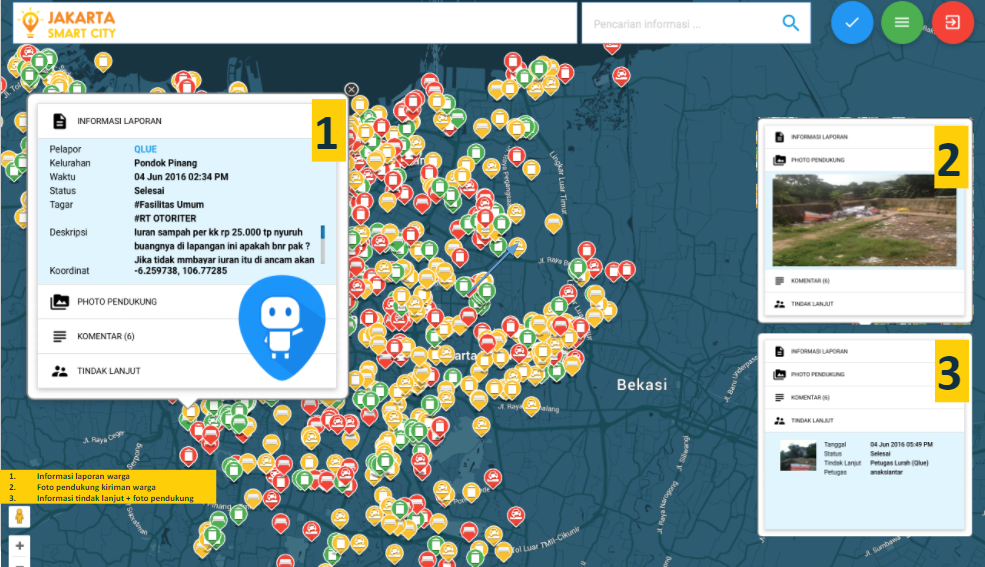Title of Productivity and Innovation Initiative:
Sustaining the Local Economy and Food Security through the “Pag-ulikid sa Mangungumaâ€
Implementing Agency:
Provincial Government of Iloilo
Year Implemented:
13-29 April 2020
Theme:
Perspectives on Productivity, Governance, and Development
General Description
Pag-ulikid sa Mangunguma (“Taking Care of the Farmersâ€) is a relief augmentation program that was implemented by the Provincial Government of Iloilo to sustain local small-scale farmers while also distributing fresh produce to those adversely affected by quarantine measures.
Background and Problem
Around two million Ilonggos were suddenly left without a reliable source of income once quarantine measures were put in place by the national government to address the rapid spread of COVID-19 in the country, as they were unable to bring their products to market due to travel restrictions. This led to food shortages and rising prices, which meant that the same farmers who were unable to sell their products now also had less purchasing power to provide for their families. With no timetable in place for the easing of quarantine measures, the Iloilo Province local government unit (LGU) had to provide a fast and direct means of assistance to its constituents that would address both the loss of access to food supply and the loss of income brought about by the pandemic.
Solution and Impact
Pag-ulikid sa Mangunguma was a multi-pronged response launched by the Provincial Government of Iloilo to address food insecurity and economic slowdown by purchasing PHP 8.7 million worth of agricultural products from small-scale farmers for distribution to local communities. Farmers who normally would deal with markets or middlemen were advised to coordinate directly with their respective municipal agriculturists, and the delivery of the produce to the provincial capital was mandated to be at most a day after purchase. Consolidators from the provincial LGU were tapped to put together an emergency supply chain in the provincial capital of Iloilo for repacking and distribution. Areas hardest hit by travel restrictions were targeted and prioritized as beneficiaries for the repacked goods.
Milestones
The Department of the Interior and Local Government (DILG) Region 6 recognized the initiative as a Best Practice in the Western Visayas Region. Also, a recent webinar organized by Greenpeace Philippines, the Rice Watch Action Network, Nagkaisang Grupo Laban sa RTL (United Groups Against the Rice Tariffication Law), and the Bayanihan sa Agrikultura have cited it as a key step in restoring the food supply chain in Iloilo after the initial implementation of quarantine restrictions. Nutritionists and health advocates have also lauded the initiative, as it emphasized the importance of agricultural produce over processed foods during the pandemic period.
Testimonials
“We also need to help our small farmers and make sure that the local economy is sustained.â€
– Gov. Arthur Defensor Jr., Governor, Provincial Government of Iloilo
“It is a good innovation that may be replicated (by other LGUs) to address the current situation.†– Ariel Iglesia, Director, Department of the Interior and Local Government Region VI
Photos
Iloilo Governor Arthur Defensor, Jr. checks the agricultural produce purchased from small farmers that were distributed to households affected by the enhanced community quarantine (ECQ) (Source: DILG Region IV)
Iloilo Governor Arthur Defensor, Jr. inspects the agricultural products delivered at the Sports Complex Gym. (Source: PICAO)
Sources
Novio, E. (2020, May 29). Best practices in agriculture sector towards ‘better normal’ pushed by LGUs, CSOs. Greenpeace. https://www.greenpeace.org/philippines/story/9688/best-practices-in-philippine-agriculture-towards-better-new-normal-pushed-by-government-units-cso/
PICAO. (2020, June 5). Iloilo’s COVID-19 initiative hailed as best practice. Official Website of Province of Iloilo. http://www.iloilo.gov.ph/agriculture-and-fisheries/iloilo%E2%80%99s-covid-19-initiative-hailed-best-practice
Pineda, L. T. (n.d.). Iloilo Province’s “Pag-ulikid sa Mangunguma†cited as best practice. Philippine Information Agency. https://pia.gov.ph/features/articles/1041150


